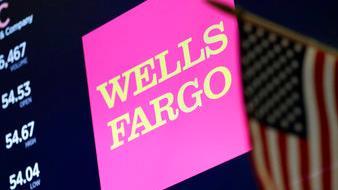Wells Fargo fined $65M for sales practices that cost investors millions
The New York attorney general (AG) has fined Wells Fargo & Company $65 million for its sales practices, in particular, the company’s “cross-sell” business model, in which it sells new financial products or services to existing customers.
Wells Fargo told investors that its superior cross-sell strategy would increase revenue and better serve its customers. However, according to the New York AG’s office, the cross-sell efforts were built on sales practice "misconduct" at the bank.
“Cross-sell” refers to selling new financial products or services to existing customers. Wells Fargo represented to investors its ability to increase revenue and better serve customers by pursuing its reportedly superior cross-sell strategy.
However, Wells Fargo failed to disclose to investors that the success of its cross-sell efforts was built on what the AG said was sales practice “misconduct” at the bank. That conduct included Wells Fargo’s Community Bank division engaging in “fraudulent” sales practices, including, the opening of millions of fake deposit and credit card accounts without customers’ knowledge, according to the AG.
The AG is still investigating Wells Fargo’s possible connection with the illegal business practice of opening millions of unauthorized accounts and enrolling consumers in services without their knowledge or consent. Today’s settlement has no impact on that ongoing investigation and other pending investigations of Wells Fargo.
Beginning as early as 2011, Wells Fargo’s board of directors received reports that described increasing numbers of allegations of this sales practice misconduct by its employees. Wells Fargo’s former CEO said in congressional testimony that he was made aware of the fraud by employees in 2013, while Wells Fargo failed to disclose the misconduct involved in the cross-sell business model and when the truth was revealed, New York investors lost millions.




















